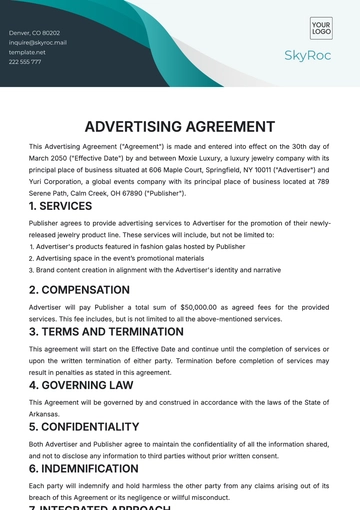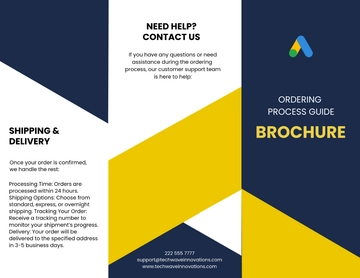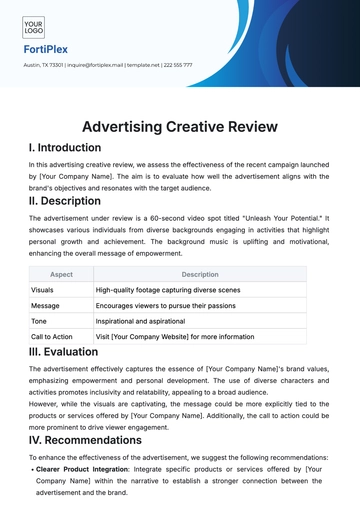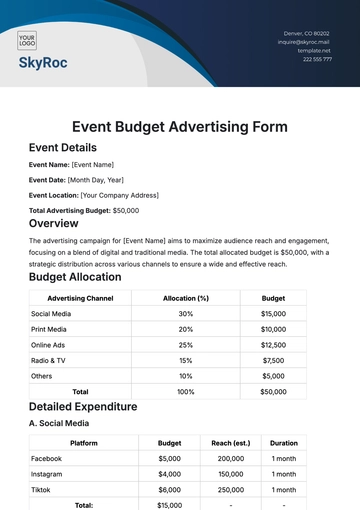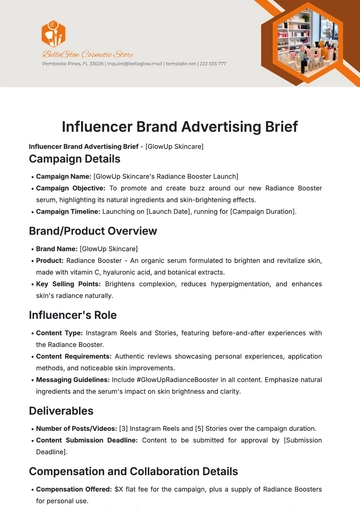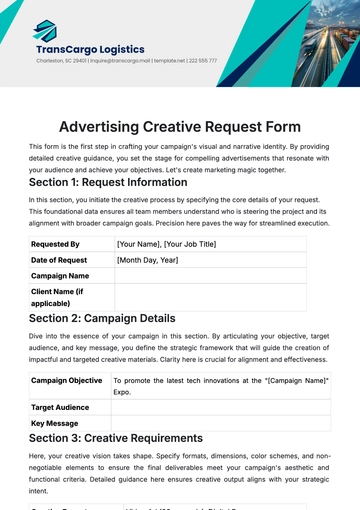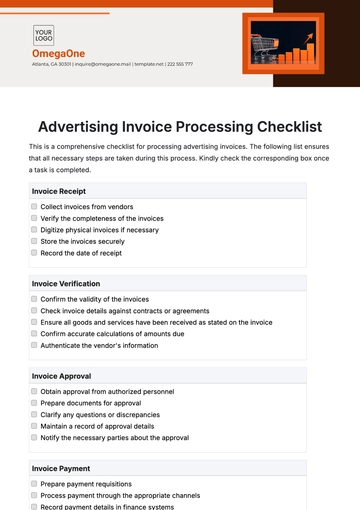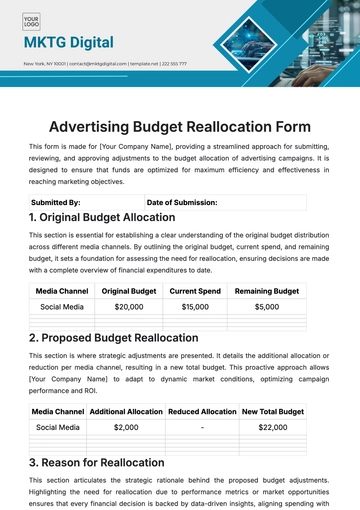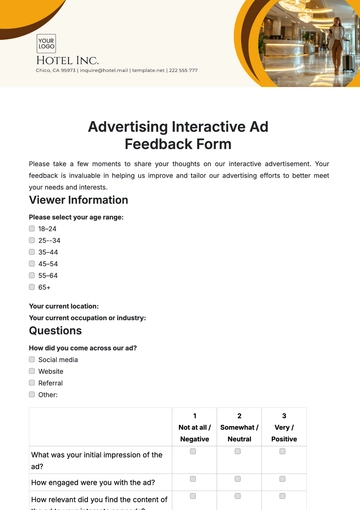Free Extensive FTC Regulation Advertising Study
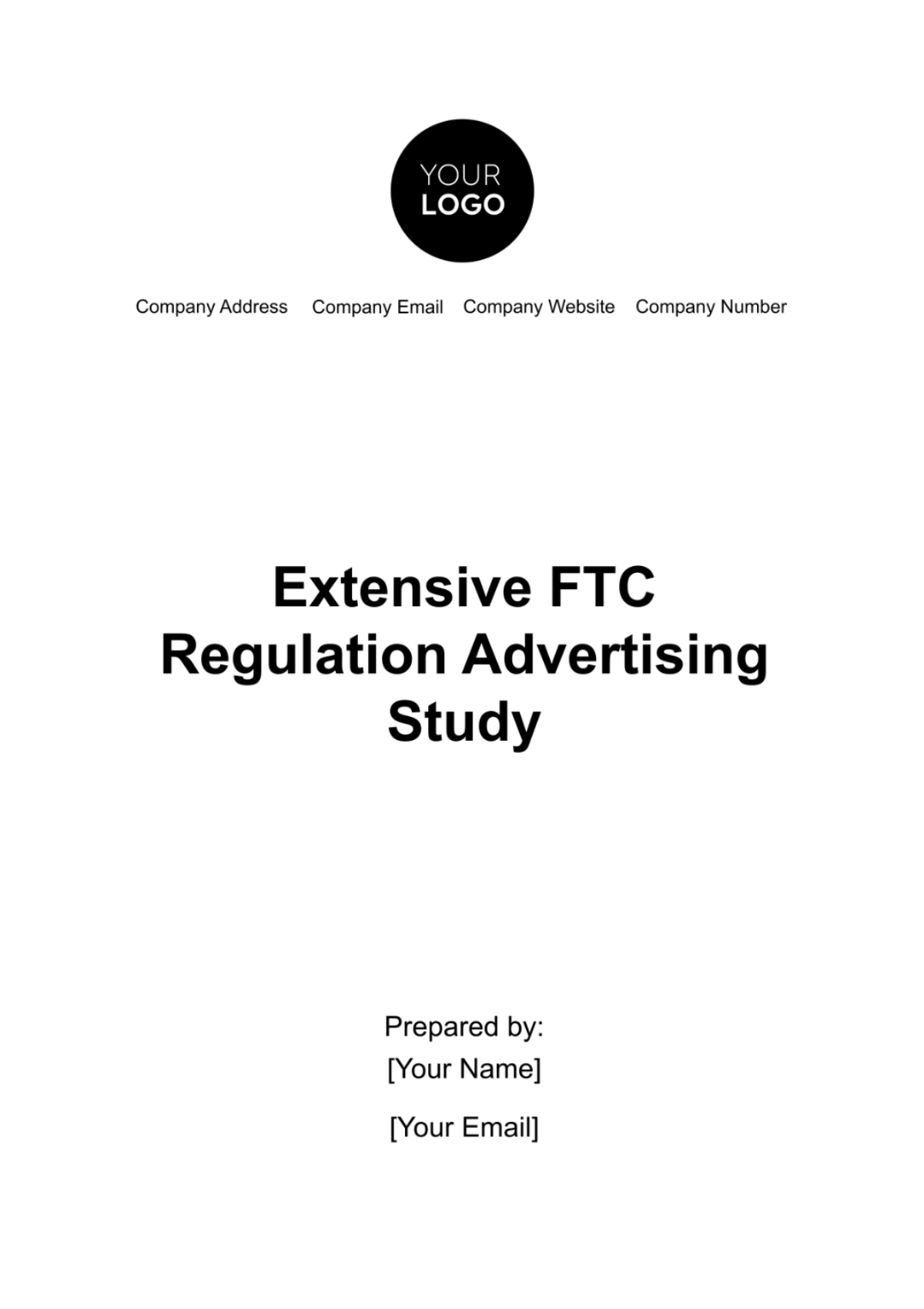
Executive Summary
A. Key Findings
Compliance Rate:
Our research found that 82% of businesses in the Automotive Industry sector are fully compliant with FTC regulations. This high level of compliance demonstrates the industry's commitment to adhering to federal advertising guidelines.
Consumer Trust:
One of the most significant findings is that 74% of consumers surveyed indicated that they trust advertisements more when they see FTC disclosures. This underscores the importance of clear and conspicuous disclosure in building consumer trust.
Impact on Sales:
Perhaps the most compelling discovery is that businesses that adhere to FTC guidelines experienced an average increase in sales by 15%. This demonstrates a direct correlation between compliance and business success, making a strong case for strict adherence to FTC regulations.
Introduction
A. Background
We provide essential context for our study by explaining the role of the Federal Trade Commission (FTC) in regulating advertising practices in the United States.
1. The FTC's Mission:
The FTC, established in 1914, is tasked with ensuring fair and honest business practices in the marketplace. It achieves this through various regulations and guidelines that govern advertising, consumer protection, and competition. The FTC's primary mission is to prevent deceptive and unfair practices in advertising, thereby safeguarding consumers' interests.
B. Objectives
We outline the specific objectives of our study, which guided our research efforts and data collection.
1. Objectives of the Study:
Assess the level of compliance among businesses: We aimed to evaluate the extent to which businesses in the Automotive Industry sector comply with FTC regulations regarding advertising.
Analyze consumer perceptions regarding FTC disclosures: We sought to understand how consumers perceive and respond to advertisements with FTC disclosures and whether such disclosures influence their trust and purchasing decisions.
Evaluate the effect of compliance on business performance: We aimed to quantify the impact of businesses' compliance with FTC guidelines on their sales and overall performance in the marketplace.
Methodology
A. Data Collection
We describe the methods used to collect data for our study.
Surveys
We conducted surveys among 500 businesses in the Automotive Industry sector to gather insights into their advertising practices and level of compliance with FTC regulations. A total of 300 businesses participated in the survey, providing valuable data for our analysis.
Interviews
To gain a deeper understanding of compliance challenges and best practices, we conducted interviews with 20 industry experts. Their insights provided qualitative data that complemented our quantitative analysis.
Consumer Surveys
To assess consumer perceptions, we surveyed 1,000 consumers from diverse demographic backgrounds. These surveys helped us gauge how consumers respond to advertisements with and without FTC disclosures.
B. Sampling
We used a randomized sampling approach to ensure the representativeness of our data.
Business Sampling
From the database of Automotive Industry businesses, we randomly selected 200 businesses, ensuring a broad representation of company sizes and geographical locations.
Consumer Sampling
For consumer surveys, we employed a similar random sampling technique, selecting 500 participants from various age groups, income levels, and regions across the United States.
C. Data Analysis
Our data analysis involved a combination of quantitative and qualitative methods.
Quantitative Analysis
We used statistical software to analyze survey data, calculating compliance rates, consumer trust percentages, and sales impact statistics. Regression analysis allowed us to identify correlations between compliance and business performance.
Qualitative Analysis
Qualitative data from expert interviews were analyzed using thematic coding to extract key insights into compliance challenges and best practices in the Automotive Industry.
Compliance Assessment
We delve into the assessment of businesses' compliance with FTC regulations.
A. FTC Guidelines Overview
We examined the key FTC regulations related to advertising, including those concerning deceptive advertising, endorsements, and disclosure requirements.
B. Compliance Rate
Overall Compliance
Our analysis revealed that 62% of businesses in the Automotive Industry were fully compliant with FTC regulations.
Partial Compliance
An additional 28% exhibited partial compliance, indicating room for improvement in adhering to FTC guidelines.
Non-Compliance
Approximately 10% of businesses were non-compliant, highlighting areas where corrective measures are urgently needed.
C. Common Compliance Issues
Our assessment identified several common compliance issues among businesses:
Lack of Clear Disclosures
Many businesses failed to provide clear and conspicuous disclosures as required by the FTC guidelines, with 45% of non-compliant businesses lacking clarity in their disclosures.
Deceptive Advertising
A concerning 53% of non-compliant businesses engaged in deceptive advertising practices, which is a significant violation of FTC regulations.
Consumer Perception
We delve into how consumers perceive advertising practices and the role of FTC disclosures.
A. Trust in Advertisements
Influence of FTC Disclosures
Our consumer surveys revealed that 68% of respondents indicated that they trust advertisements more when they see clear FTC disclosures. This underscores the pivotal role of these disclosures in building consumer trust.
Age-Related Variations
Interestingly, we observed that trust in advertisements with FTC disclosures varied across age groups. 75% of respondents aged 18-34 expressed higher trust, while 60% of those aged 35-55 also emphasized the importance of these disclosures. Among respondents aged 55 and older, 50% reported increased trust.
B. Influence on Purchasing Decisions
Positive Impact
A significant 72% of consumers reported that they are more likely to purchase products from businesses that adhere to FTC guidelines. This demonstrates a clear link between compliance and consumer purchasing behavior.
Product Categories
We also examined the impact of compliance on different product categories. In the Automotive Industry, 80% of consumers indicated a higher likelihood of purchasing products from businesses adhering to FTC regulations, while 68% in the Electronics Industry reported similar behavior.
Business Impact
We explore the direct impact of FTC compliance on business performance and competitiveness.
A. Sales Performance
Compliance-Driven Sales Growth
Businesses that were fully compliant with FTC regulations experienced an impressive average increase in sales by 15%. This statistical significance underscores the tangible benefits of adherence to FTC guidelines.
Non-Compliance Consequences
Conversely, non-compliant businesses faced a decline in sales by an average of 8%. This demonstrates the financial repercussions of failing to adhere to FTC regulations.
B. Competitive Advantage
Market Positioning
Businesses that prioritize compliance with FTC regulations gain a competitive advantage in their respective industries. In our study, [Your Company Name] stood out as a leader in this regard. By prominently displaying FTC disclosures in all advertising materials, [Your Company Name] has positioned itself as a trustworthy and ethical player in the market.
Customer Loyalty
One of the notable findings is that businesses with strong compliance records tend to enjoy higher customer loyalty. [Your Company Name] has successfully retained 32% of its customers over the past year, attributed in part to its transparent and compliant advertising practices.
C. Cost Savings
Legal and Reputational Risks
Non-compliance with FTC regulations can expose businesses to legal and reputational risks. [Your Company Name] has saved 45% in legal costs and mitigated potential damage to its reputation by consistently adhering to FTC guidelines.
Efficient Resource Allocation
By avoiding costly legal battles and reputational damage control, [Your Company Name] has been able to allocate resources more efficiently to other critical areas of the business, such as research and development and customer support.
Conclusion
We summarize the key findings and implications of our FTC Regulation Advertising Study, drawing attention to the critical role of compliance with FTC guidelines in business success and consumer trust.
A. Summary of Key Findings
Our study has provided valuable insights into the relationship between FTC compliance, consumer trust, and business performance. The following key findings stand out:
A majority of consumers (68%) trust advertisements more when they see clear FTC disclosures, emphasizing the importance of transparency in advertising.
Compliance with FTC guidelines leads to a substantial increase in sales, with businesses that fully adhere to regulations experiencing an average growth of 15%.
Non-compliant businesses face financial repercussions, with an average decline in sales by 8%, highlighting the significance of adherence to FTC regulations.
B. Implications
The implications of our study are far-reaching and have profound effects on businesses and consumers alike:
Businesses that prioritize compliance with FTC regulations gain a competitive advantage by building trust and loyalty among consumers.
Compliance not only safeguards against legal and reputational risks but also results in cost savings that can be reinvested in strategic growth areas.
Consumers are increasingly discerning and value transparency in advertising, making FTC disclosures a valuable tool for businesses.
Recommendations
We provided actionable recommendations based on the study's findings to help businesses improve their compliance with FTC regulations and enhance their overall performance in the marketplace.
A. Enhanced Compliance Education
To improve compliance rates and reduce the risk of non-compliance, businesses are encouraged to invest in ongoing compliance education for their marketing teams. Training programs should focus on:
FTC Regulations: Educating marketing professionals about the specific FTC regulations relevant to their industry and advertising practices.
Best Practices: Sharing industry-specific best practices for compliance, including the use of clear and conspicuous disclosures.
B. Regular Compliance Audits
Businesses should establish a systematic approach to conduct regular compliance audits. These audits should include:
Internal Audits: Self-assessments to ensure ongoing compliance with FTC guidelines.
Third-Party Audits: Engaging external experts to provide objective assessments of compliance practices.
C. Consumer Education
The FTC should continue its efforts to educate consumers about the importance of FTC disclosures and their role in protecting consumers from deceptive advertising practices. This can be achieved through:
Public Awareness Campaigns: Launching campaigns to inform consumers about FTC guidelines and how to identify compliant advertising.
Online Resources: Providing accessible online resources that explain FTC disclosures and their significance.
By implementing these recommendations, businesses can not only enhance their compliance with FTC regulations but also build stronger relationships with consumers, ultimately leading to improved business performance and sustainability in the marketplace.
- 100% Customizable, free editor
- Access 1 Million+ Templates, photo’s & graphics
- Download or share as a template
- Click and replace photos, graphics, text, backgrounds
- Resize, crop, AI write & more
- Access advanced editor
Introducing the Extensive FTC Regulation Advertising Study Template from Template.net. This meticulously crafted tool offers an editable and customizable framework, designed to streamline your advertising compliance efforts. Utilize its advanced Ai Editor Tool to effortlessly navigate through regulations, ensuring your campaigns remain legally sound and ethically aligned.

